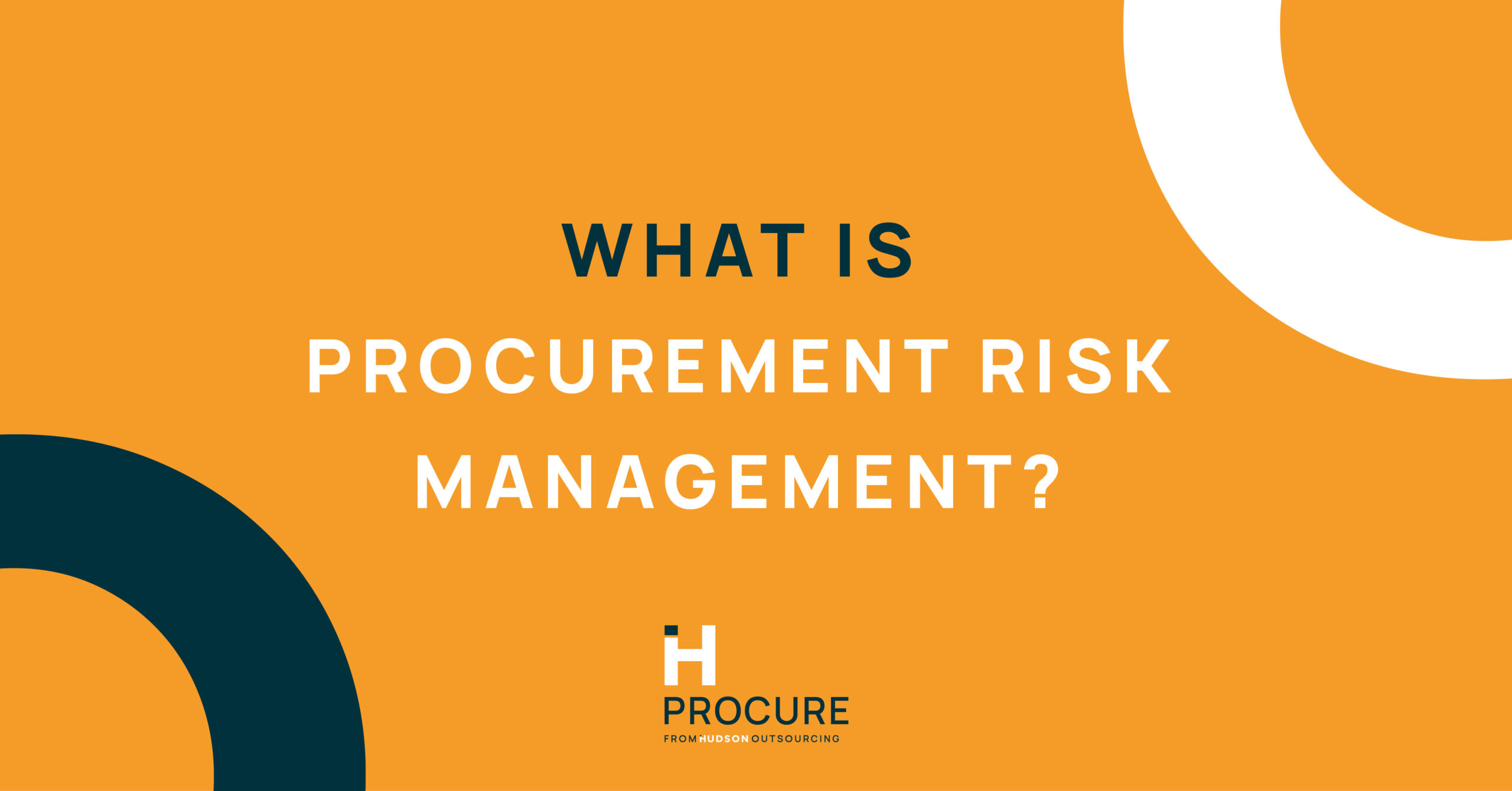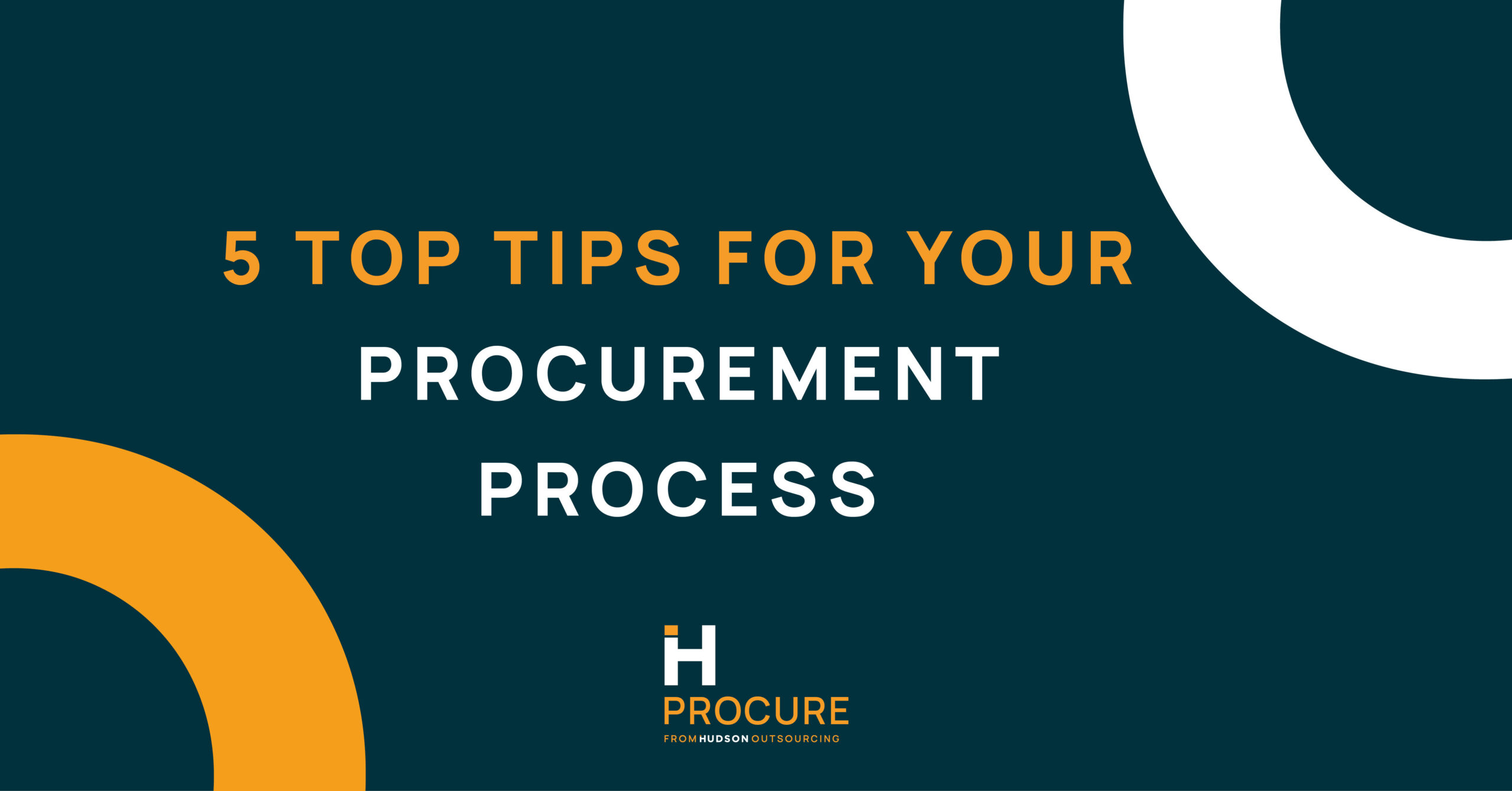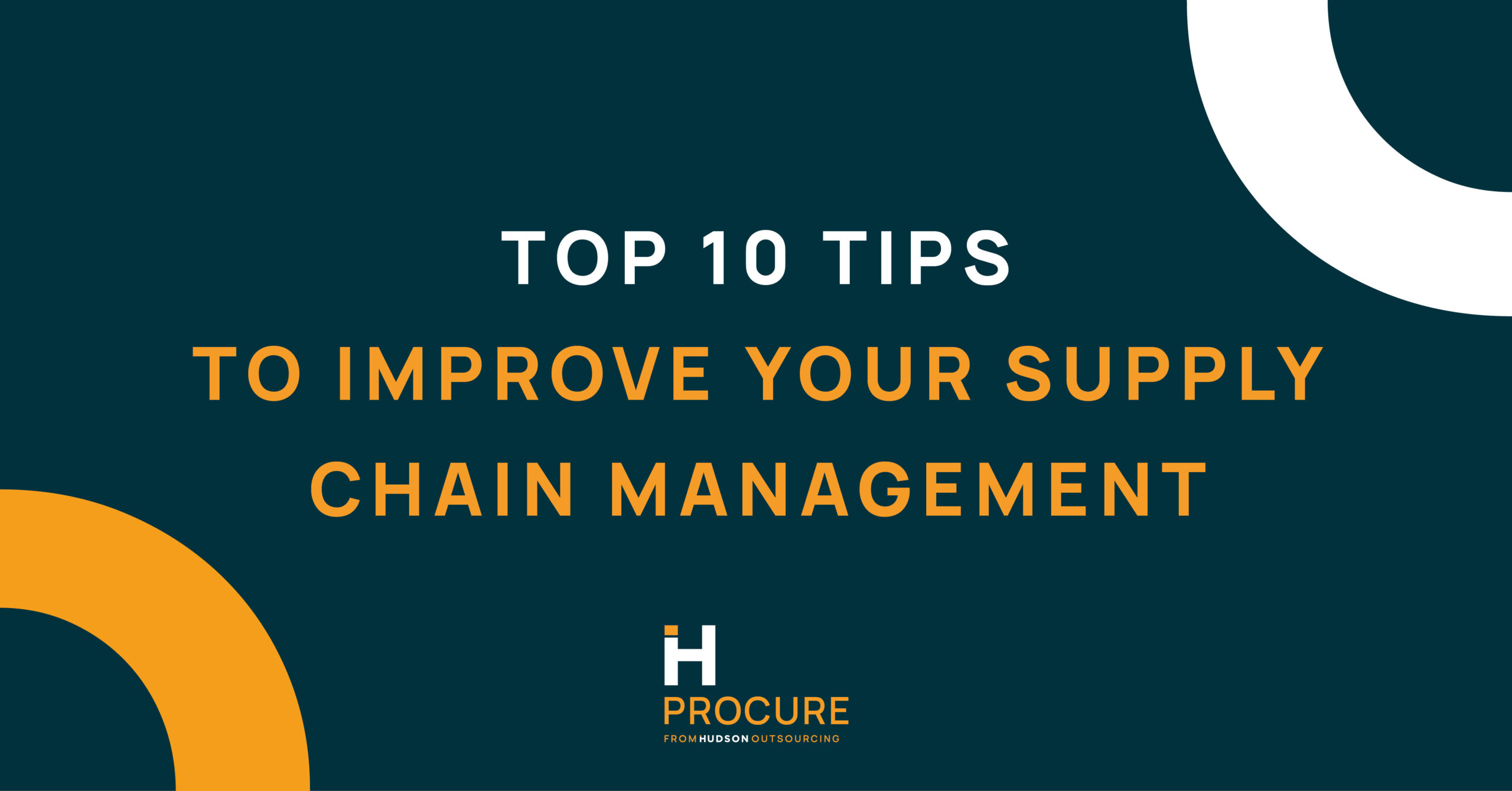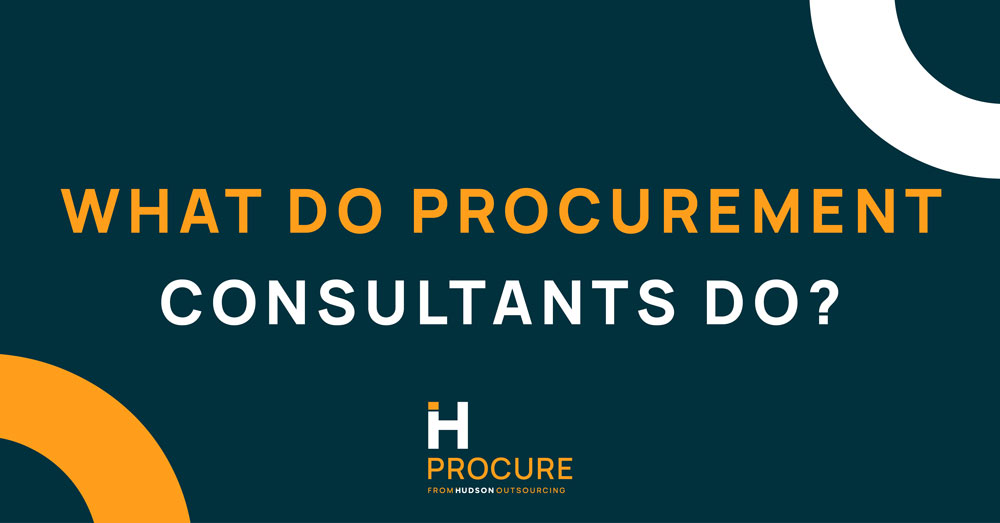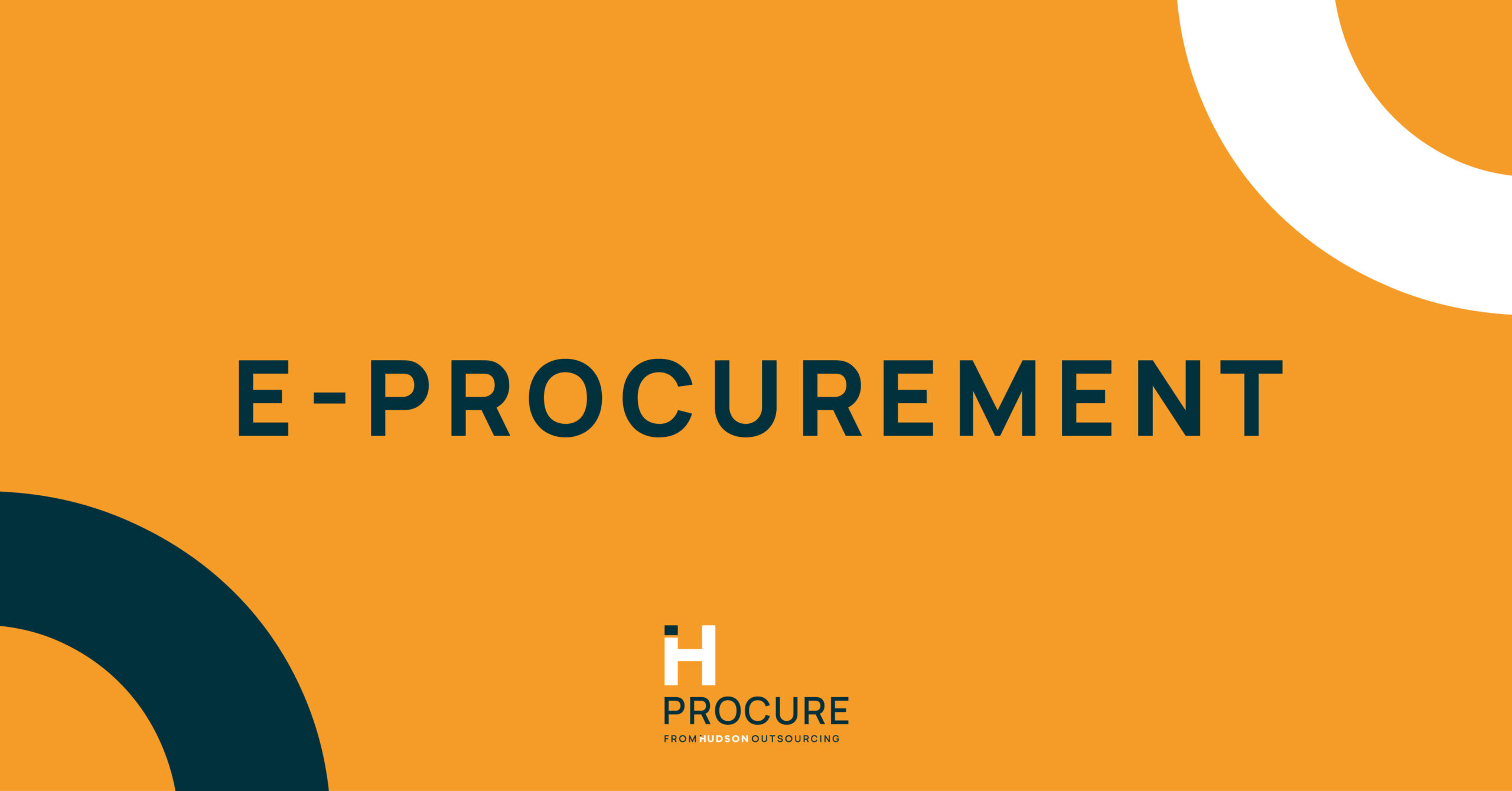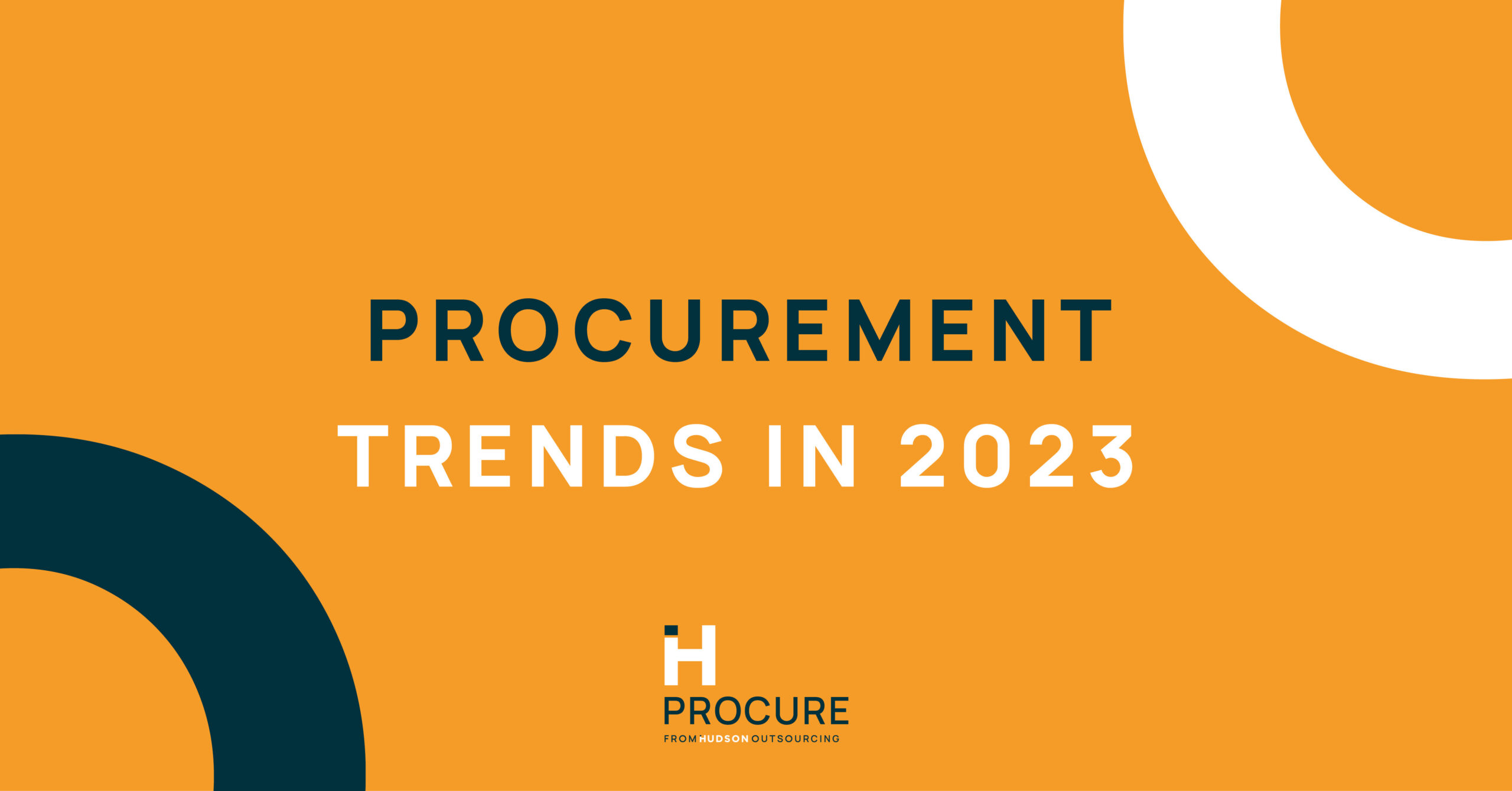What is sustainable procurement and why is it important?
We’ve been asked the question ‘What is sustainable procurement?’ several times, so in this blog, we’ll answer it in full. In 2018, the UK government published its 25-year environment plan, outlining strategies needed to improve the environment. This exposed a desire within the UK procurement sector for further sustainability. So today, we’ll walk you through what you need to play your part in sustainable procurement.
So…what is it?
The government states that it’s: ‘a process whereby organisations meet their needs for goods, services, works and utilities in a way that achieves value for money on a whole life basis in terms of generating benefits not only to the organisation, but also to society and the economy, whilst minimising damage to the environment’.
This means that the suppliers are balancing three aspects whilst meeting the requirements for goods and services…
Social
- Worker’s rights
- Ethical issues
- Fair pay
Environmental
Economic
- Local economy
- Life cycle cost.
What’s the difference between sustainable procurement and social value?
It’s almost too easy to confuse these two, so we’ll delineate social value and sustainable procurement here.
Sustainable procurement can have a wider, more encompassing reach than social value. It can begin to address long supply chains (globally).
Social value is more localised, focusing on specific aspects of procurement in relevant areas.
What support/initiatives are there for businesses wanting to adhere to sustainable procurement?
A source of guidance that aids s.p is ISO20400.
As a guidance document, it acts as a manual in understanding;
- How to implement sustainable procurement
- The impacts of sustainability across the different parts of the procurement process such as; activity, policy, strategy, organisation, process etc.
- The key principles of sustainable procurement.
Another source of support is the Government Buying Standards (GBS) which are mandatory for central and wider government departments.
This government guide outlines how to achieve sustainable procurement within all sectors, such as ICT, cleaning, construction, transport etc.
What are the consequences of not upholding sustainable procurement?
In answering the question ‘what is sustainable procurement’, an important aspect is the consequences of not integrating it. You may think that there are no immediate consequences but some of them could be:
- Conflicts with your organisation’s policies, with things like air quality or pollution quotas
- Indirectly encouraging bad practices; low pay, harmful materials/wastage
- Wasteful procurement that doesn’t economically benefit the organisation
- Reputation damage
- Fewer opportunities for innovation and cost savings.
Ultimately, if you’re not integrating the components of sustainable procurement, it can lead to economic irresponsibility.
Customers are becoming savvier about the social value of their products, especially when it comes to the environment.
Due to social media, if transgressions against the environment/society are found by customers, your reputation could be at stake.
What economic benefits are there to sustainable procurement?
- Cost efficiencies through research into innovative products/solutions
- Use of SME suppliers to help increase local economic development
- Innovative contracts
- Improved workers’ rights
- Local employment
- Ethically sourced products and goods
- Reputation increase
- Reduction of resource wastage
- Lessening emissions
- Reduction of consumption
Now, let’s clear up some sustainable procurement myths…
1. Doesn’t sustainable procurement end in raised costs?
Simply answered…no. In the long term, your focus on cost-saving and prior research into more efficient processes/products will help keep costs down. Your vigilance when it comes to wastage and resources will help improve long term profits.
2. Does sustainable procurement take longer to carry out?
Not necessarily. If you have a comprehensive system of tried and tested standards, the process will be shorter in length. Early market engagement can severely shorten the process.
3. Sustainable procurement is far too complex
It’s no more difficult to understand sustainable procurement than any other procurement process. Ultimately, it’s wise to take some time aside to digest it.
4. It makes tendering more difficult
A common thought around sp is that it makes the tendering process more complex. In reality, it should make the process easier. It provides the opportunity for suppliers to convey the sustainability benefits of their products/services. This ultimately leads to a more competitive pool of suppliers.
In summary
Sustainable procurement can act as a boon to both your business and wider society.
By now, we’re confident you know the answer to ‘what is sustainable procurement?’.
You now have a better understanding of:
- The key qualities that inform sustainable procurement
- The difference between social value and sustainable procurement
- Sources of support from the government and abroad for this form of procurement
- The consequences of not upholding the standards
- Economic benefits to integrating s.p
- The realities behind certain myths around s.p.
Ultimately when it comes to sustainable procurement:
- Think carefully about goods, services works and utilities you’re buying.
- Take sustainability into account at the earliest stage and throughout the commercial lifecycle.
- Make sure that these considerations are embedded throughout the procurement and contract management process.
How can Hudson Procure help you?
We know that the procurement and tendering process can seem like a minefield. That’s why we’ve created four services and one software that help you achieve your procurement goals. With 20 years of experience, we’re well equipped to deal with all of your procurement needs.
We provide project-based tender support and management in addition to offering any required procurement support on an ad-hoc basis. Our Procure Consult service includes mentoring, coaching and general advice. Ultimately, we have the capability and experience to support any operational or strategic procurement requirement.
Procure Health Check
Our Procure Health Check service is for companies that have some knowledge of procurement but need that bit of assistance. The service includes on-site interviews with stakeholders to understand current procurement processes, skills and understanding. Also included is a review of procurement systems, infrastructure and opportunities for development.
Procure Analyse
Our Procure Analyse service provides a high-level, vendor-led analysis of an organisation’s spending activity. This helps us to understand current purchasing behaviour and areas where procurement activity can be focused to deliver greater value. This service helps generate a structured, forward plan for procurement activity and improving purchasing operations.
Procure Outsourcing
Procure Outsourcing focuses on providing procurement solutions on an outsourced basis. This would mean that the procurement services can be tailored to your needs. This could mean:
- Supporting existing procurement resources as an extension of your team
- Multiple tender projects delivered as a package
- Full procurement function for an organisation.
Procure Post
Are you trying to find a supplier for your project? Post your tendering opportunity onto any of our 11 sector-specific portals for FREE with Procure Post!
Housed by our sister company, Hudson Discover, our portals host thousands of tendering opportunities for organisations of all sizes. We’ll help you identify your requirements and find the most suitable suppliers for your business.
For more information or for a free consultation, please get in touch.
Check out our other blogs for further Procurement Insights:


